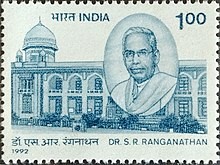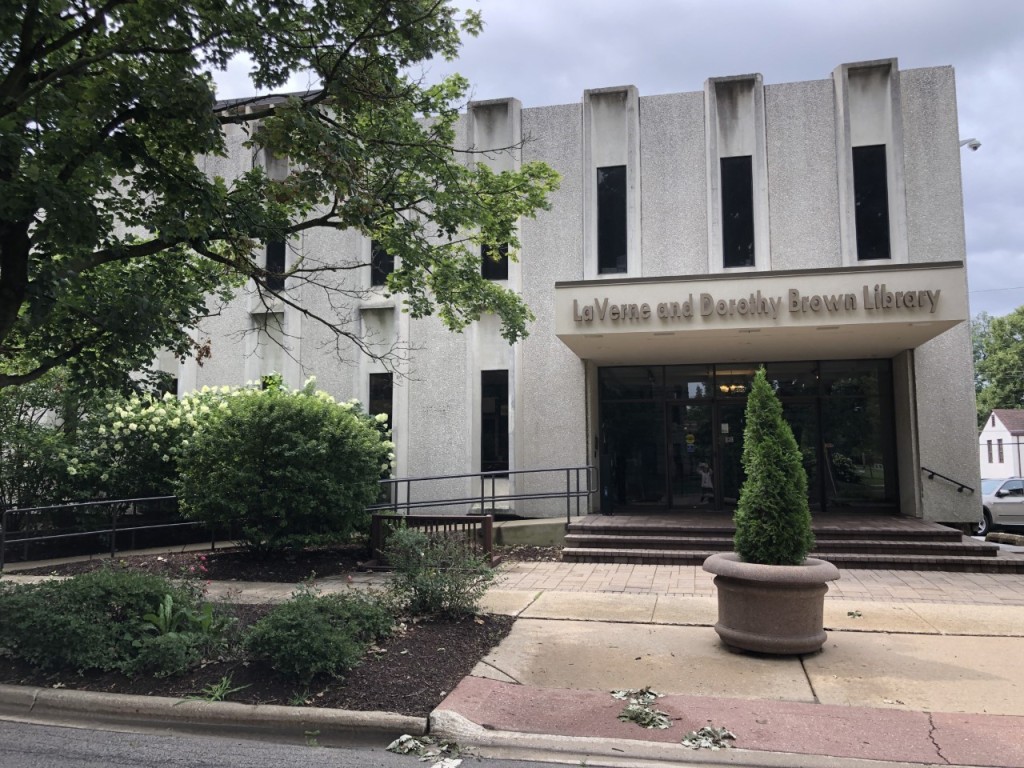S.R. Ranganathan! Born on August 12, 1892 in India, this famous librarian and mathematician has made a huge impact on the library world.
Although he had started as a university math professor, focusing his research on the history of mathematics, he ran across a job ad for University Librarian at the University of Madras. The library collection at that school was a true mess and they were feeling desperate, especially since none of their 900 applicants had any formal training in librarianship. Ranganathan hadn’t had any training either, except for reading an encyclopedia article on libraries only days before his interview, but because of his research experience (research pays off, folks!), they decided to give him a chance.
Ranganathan found librarianship a lonely business and was considering going back to teaching, but the university knew when they had a good thing and offered to send him to England for further training. He enrolled at University College London, and while there created Colon Classification, the first major faceted classification system, where each book’s main topic is divided into descriptive categories, divided by colons, of course, to help sort them into a logical order on the shelf; this system is still used extensively in India.
Back in India, he spent many successful years as a cataloging librarian and library science professor. During that time, he came up with what is famously known as The Five Laws of Library Science. These concepts are still discussed and followed to this day. They are:
- Books are for use…
…and not just to be shut away in some fancy building.
- Every reader his or her book…
…so get a wide variety and don’t judge a person by what they read.
- Every book its reader…
…so include the book even if only a few people want to read it.
- Save the time of the reader…
…so organize the items so they can be found quickly.
- A library is a growing organism…
…so keep the collection, methods, and even the building up-to-date.
Over the years, Ranganathan continued working to better libraries, lobbying for free public libraries and a comprehensive national library, like our Library of Congress. Today he is known as the father of library science, documentation, and information science in India. And August 12 … why, it’s the National Librarian’s Day in India, of course!



